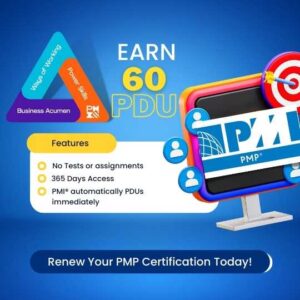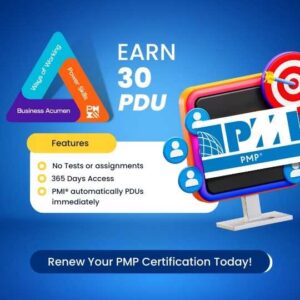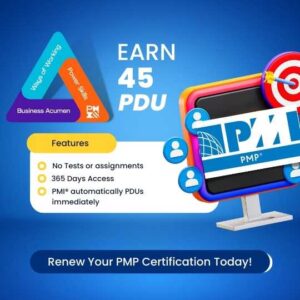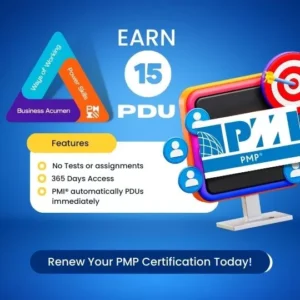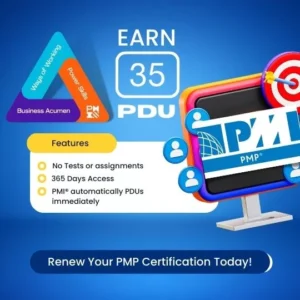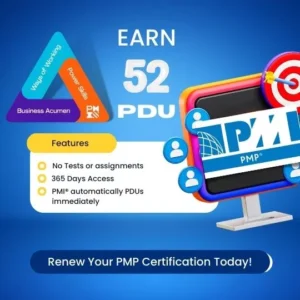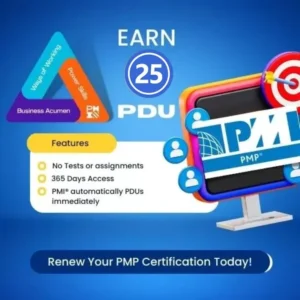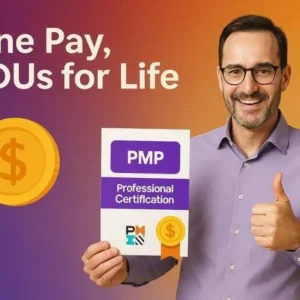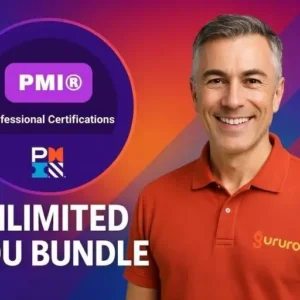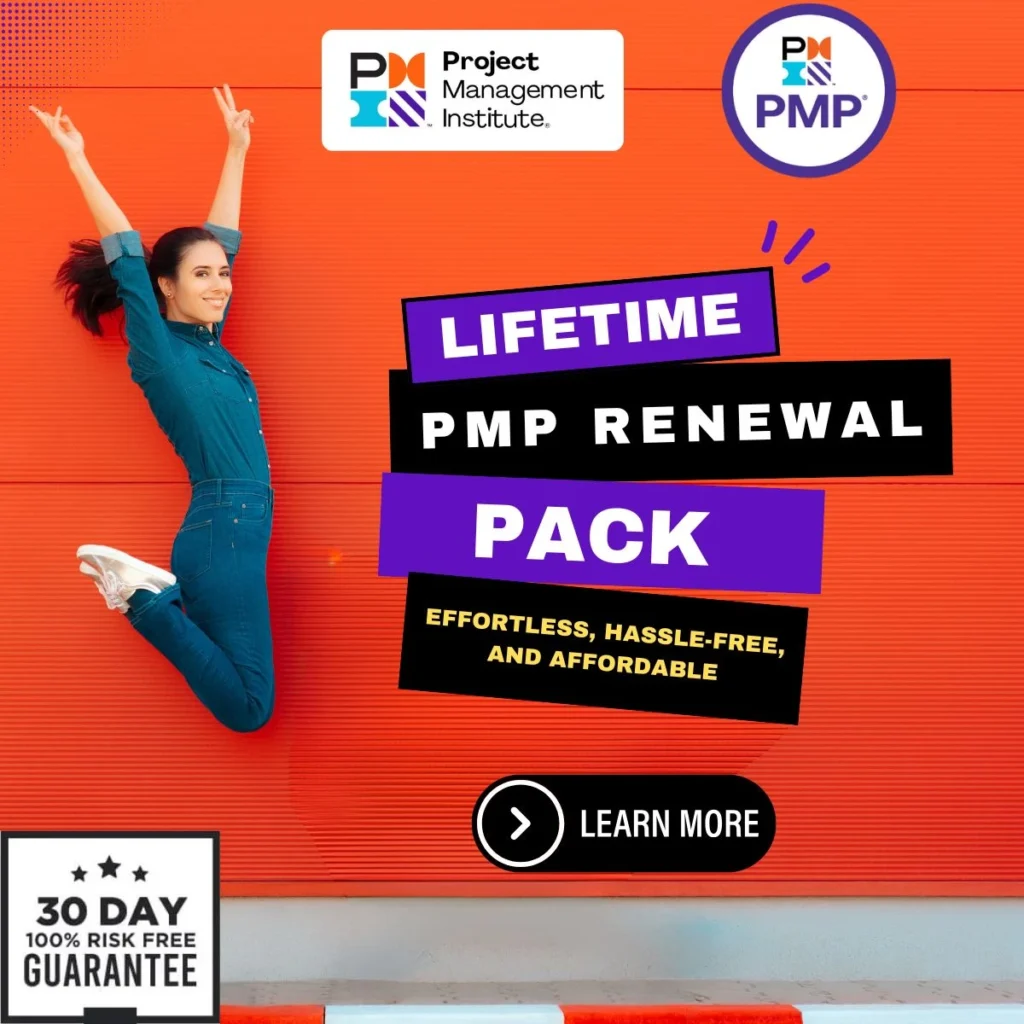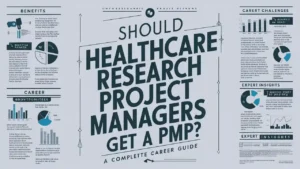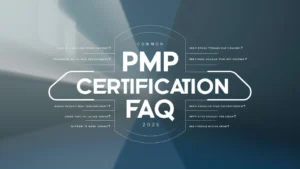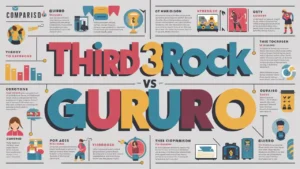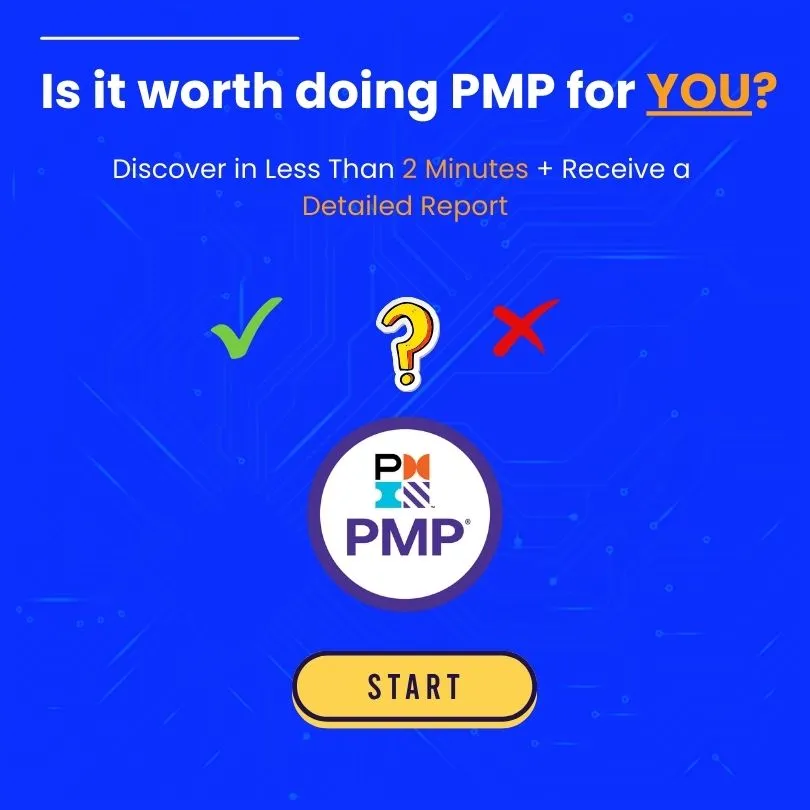Congratulations on earning your Project Management Professional (PMP) certification! This prestigious credential from PMI (Project Management Institute) is recognized globally and showcases your commitment and expertise in the field of project management. Now, the next challenge is leveraging this accomplishment to its fullest potential. Here’s How to effectively use your PMP certification to enhance your career and deliver value in your projects.
1. Showcase Your Achievement:
- Digital Badges: Use the digital badge provided by PMI to showcase your certification on LinkedIn, email signatures, and other social platforms.
- CV & Cover Letter: Update your CV and cover letter to highlight your PMP certification. It’s a notable achievement that can set you apart from other candidates.
2. Engage in Continuous Learning:
- Earn PDUs: Your certification requires you to earn Professional Development Units (PDUs) to maintain it. Use this as an opportunity to engage in courses that further enhance your skills.
- Stay Updated: The world of project management is ever-evolving. Regularly review the PMBOK Guide and other PMI resources to keep abreast of the latest trends and methodologies.
3. Network:
- PMI Events: Attend PMI chapter meetings, conferences, and webinars. This will not only help in earning PDUs but also provides a platform to network with fellow PMPs.
- Online Communities: Join online forums and groups dedicated to project management topics, where you can share experiences, ask questions, and provide insights.
4. Mentor and Teach:
- Share Knowledge: Consider offering training sessions or webinars in your organization to share your expertise.
- Mentor Aspiring PMPs: Guide those aspiring to earn their PMP certification. It’s a fulfilling experience and strengthens your understanding.
5. Implement PMP Principles at Your Workplace:
- Go ahead and apply your newfound knowledge. People will appreciate how you integrate, plan, execute, document, and then close your projects now, much better than before. The positive difference between a PMP-certified and non-certified professional will clearly show in how they work and sign-off with equal aplomb.
- Studying for the certification helped me better understand how PMI expects that projects be managed. This insight directly translates to how I write management sections of proposals for my clients, leading to a marked improvement in that area due to studying alone.
6. Improve Projects at Your Current Company:
Use your newfound PMP knowledge to demonstrate better and more efficient project management. Elevate the success rate of projects within your organization and showcase the tangible benefits of your certification.
7. Demonstrate Your Expertise to the World:
With your PMP knowledge, you can confidently show the world that you’re an established project manager who can execute projects successfully. This expertise is not only beneficial for your current role but can be leveraged when seeking new opportunities. Use this edge to position yourself for a new job or leadership roles in the industry.
8. Seek Higher Roles:
- Lead Bigger Projects: With your PMP certification, you’re now equipped to handle more complex projects. Seek opportunities to take on more responsibility.
- Consider Consulting: Many organizations seek PMP certified professionals for consultancy roles. This could be your chance to shine as an expert in the field.
9. Contribute to Knowledge Bases:
- Write Blogs & Articles: Share your experiences, insights, and knowledge through articles, blogs, or even a book. It positions you as a thought leader in the project management community.
- Speak at Conferences: Look for opportunities to present papers or sessions at PM conferences. Your PMP credential gives you added credibility.
10. Diversify Your Skill Set:
- Complementary Certifications: Consider obtaining certifications that complement the PMP, such as Agile, Scrum, or Prince2. This diversifies your skill set and makes you more versatile in handling various project methodologies.
- Soft Skills: A successful project manager is not just about methodologies and frameworks. Enhance your leadership, communication, and negotiation skills.
11. Become a PMI Authorized Training Partner
Becoming a PMI Authorized Training Partner (ATP) offers:
- Exclusive PMI Content: Access to up-to-date, high-quality PMI course materials.
- Global Exposure: Listing in PMI’s directory boosts visibility to global students.
- Trusted Credibility: PMI endorsement enhances your training’s reputation.
- Growth Opportunities: Access to RFPs, marketing support, and revenue growth potential.
Conclusion : How to Effectively Use Your PMP Certification
Earning your PMP certification is a commendable milestone. However, the journey doesn’t end there. Leveraging it effectively can open numerous doors of opportunities, both professionally and personally. Stay committed to the ethos of continuous learning, networking, and sharing – the very principles that make the world of project management so dynamic and rewarding.
Happy Project Managing!

